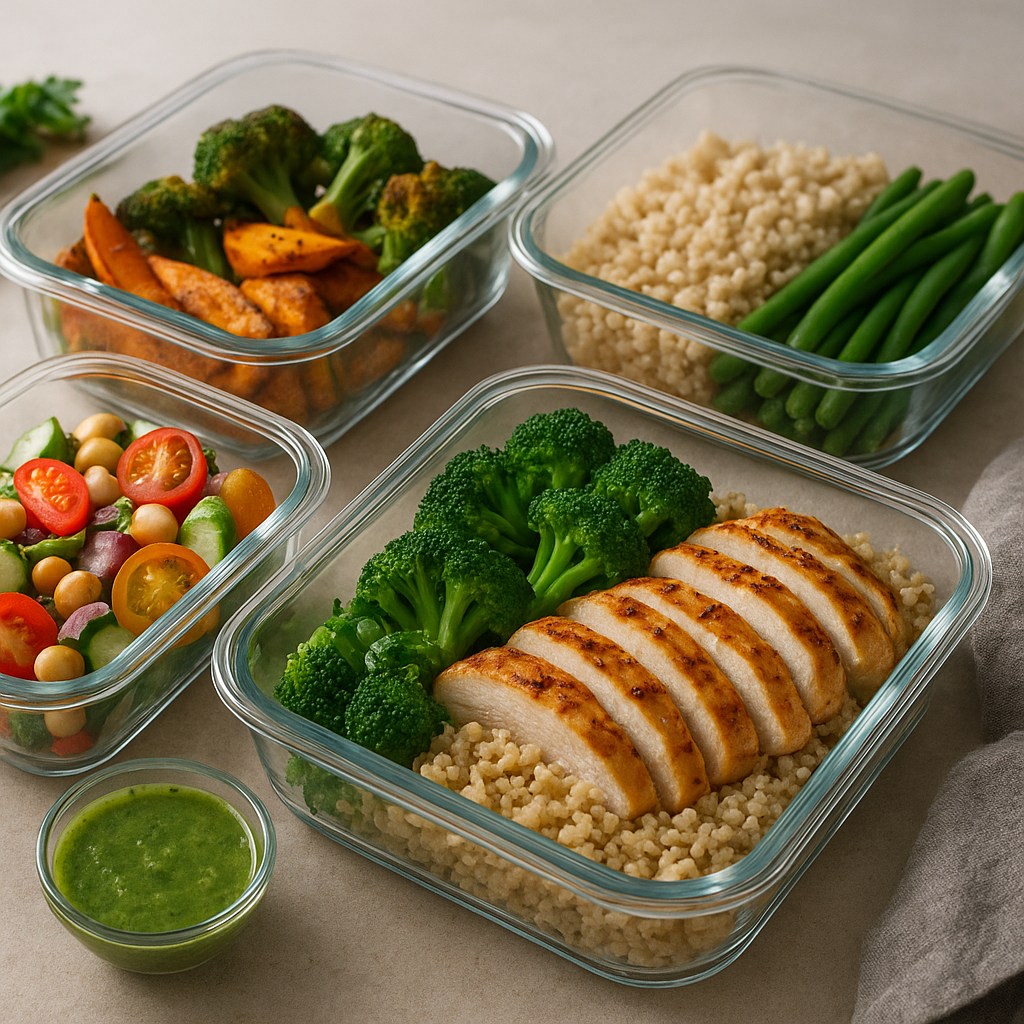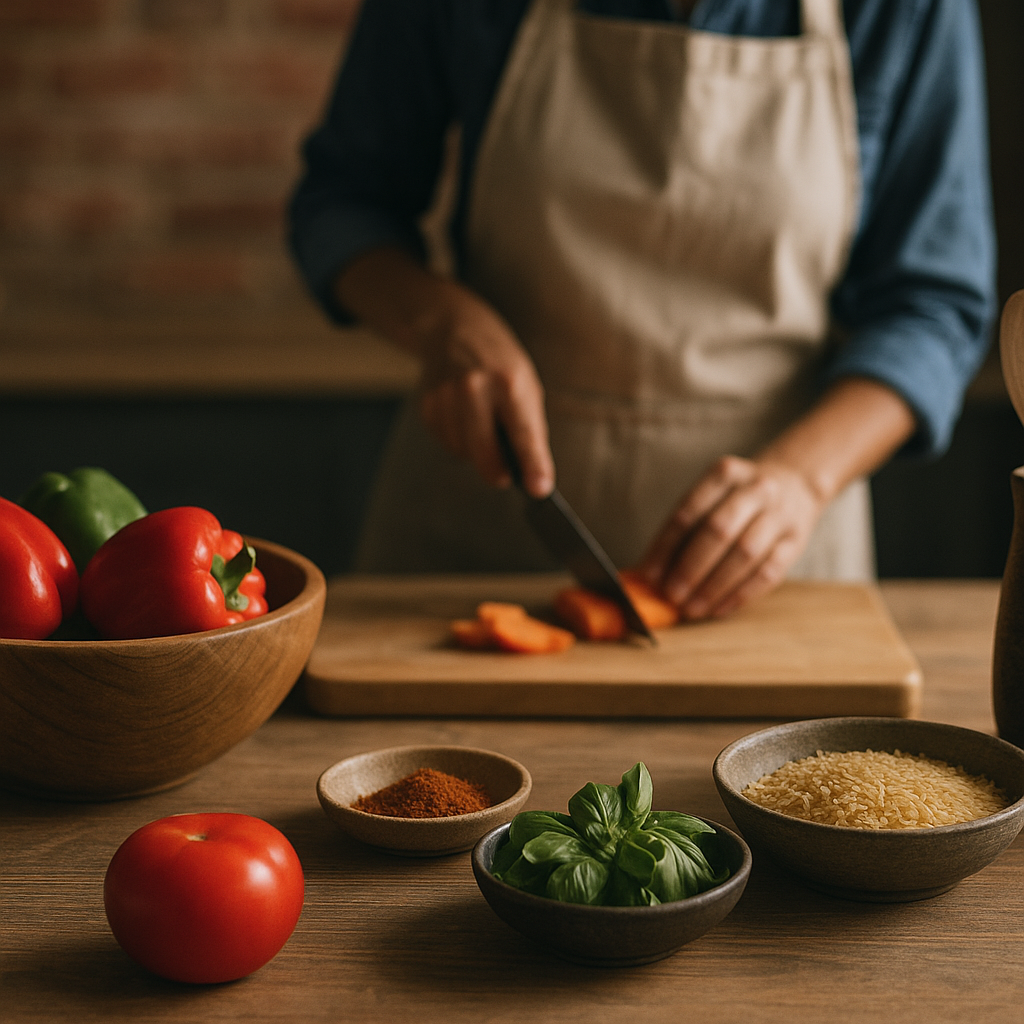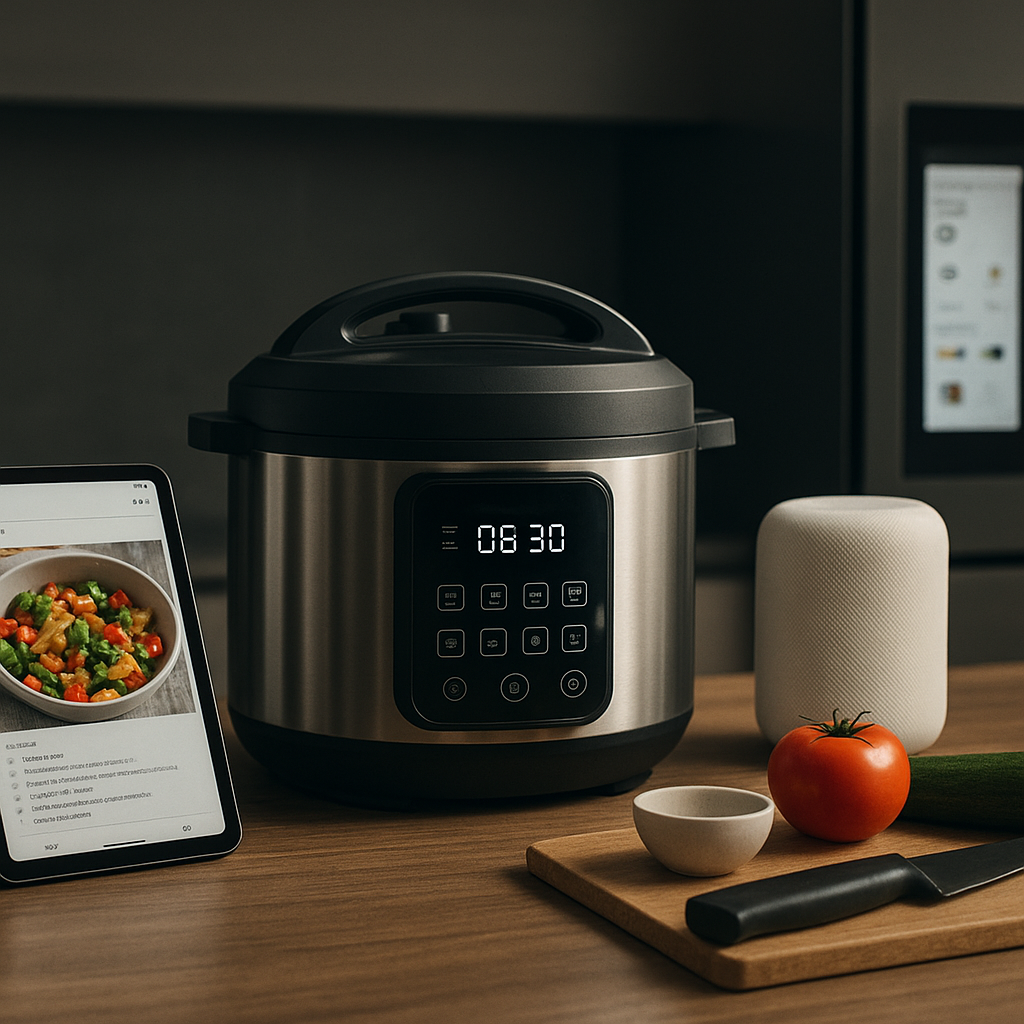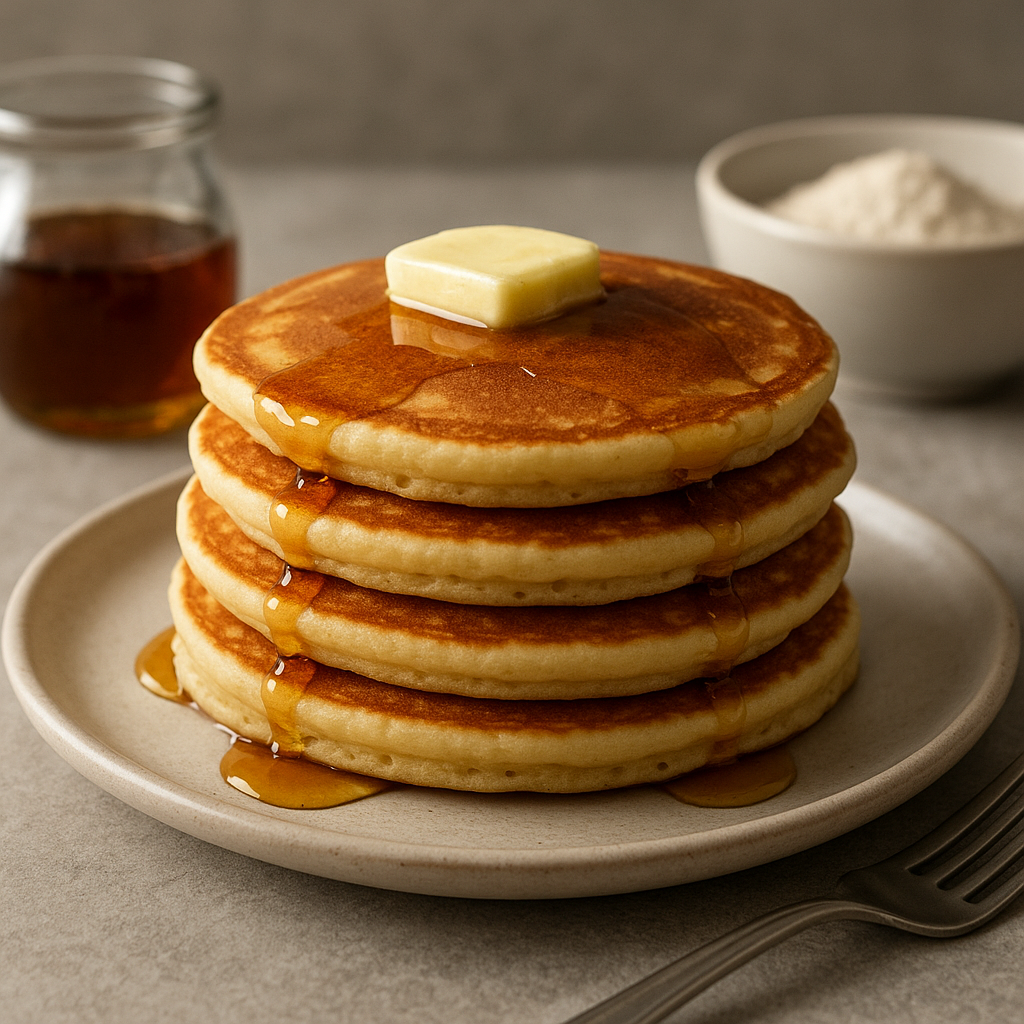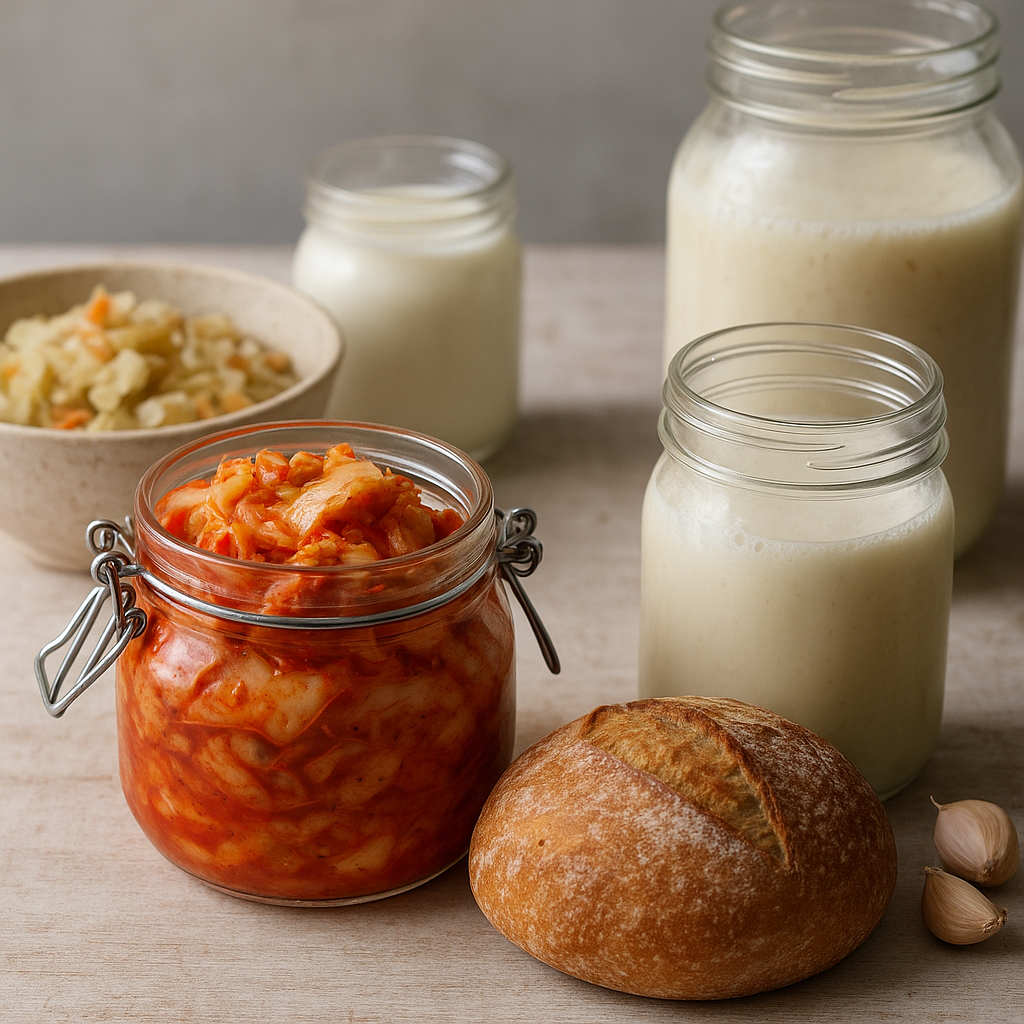Why My Cake Didn't Rise: Common Baking Pitfalls Explained
Baking a cake is often seen as a simple task; however, many home bakers encounter frustrations when their cakes don’t rise as expected. Understanding the science behind baking can help identify common mistakes and improve future baking endeavors.
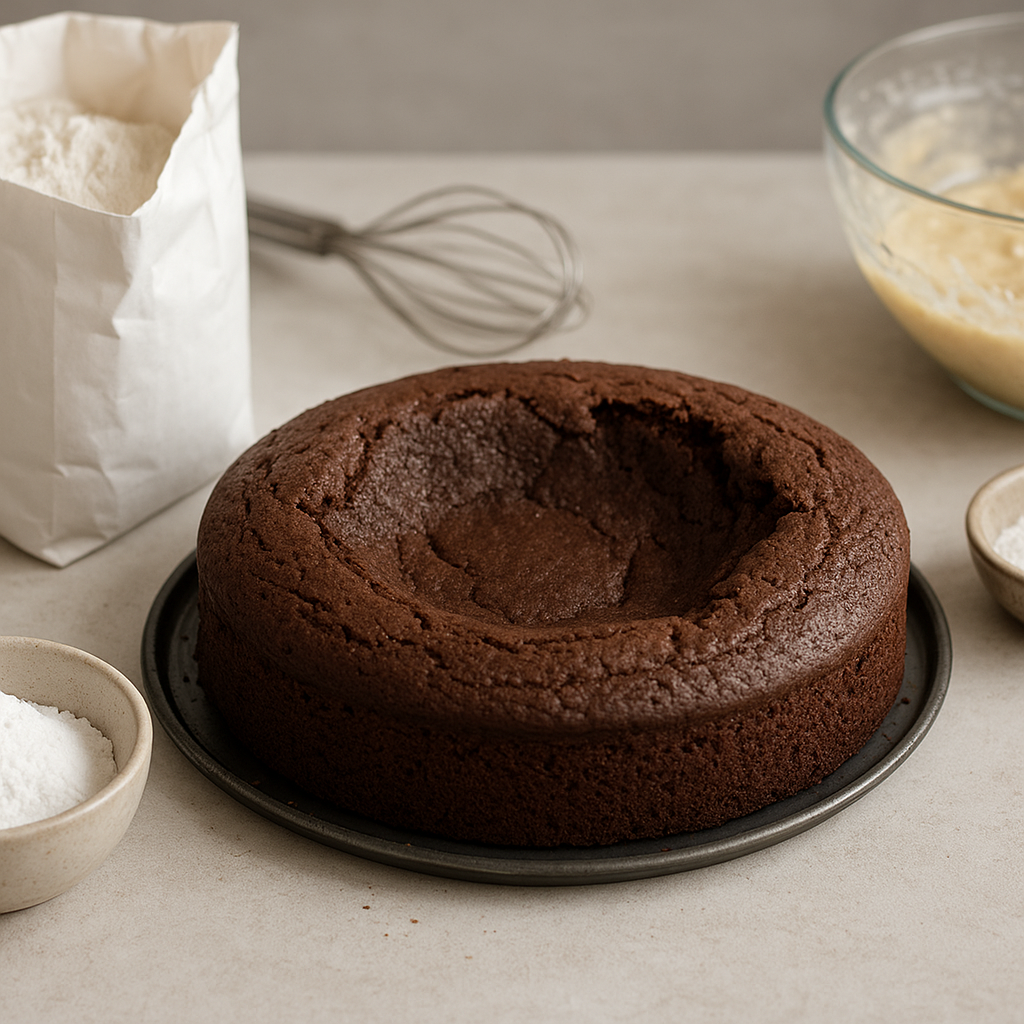
The Basics of Cake Rising
Cakes rise primarily due to the reaction between leavening agents and moisture or heat. The two most common leavening agents used in cakes are baking powder and baking soda. They release gases that create bubbles in the batter, which expand during baking and cause the cake to rise.
Common Reasons for Cake Failure
There are several reasons why a cake might not rise properly. Here’s a list of the most prevalent issues:
- Incorrect Oven Temperature: If the oven is too hot or too cool, it can significantly affect the rise of a cake. Accurate oven calibration is essential.
- Expired Leavening Agents: Using baking powder or baking soda that has gone past its expiration date can prevent the cake from rising.
- Improper Mixing Technique: Overmixing or undermixing the batter can lead to a denser texture, inhibiting rise.
- Too Much or Too Little Liquid: Accurate measurements are crucial. Too much liquid can cause the cake to be too heavy, while too little can prevent the batter from expanding.
- Insufficient Eggs: Eggs provide structure and stability. Omitting or not using enough eggs can affect the cake’s rise and texture.
- Incorrect Pan Size: Using the wrong pan size can alter baking times and affect the cake's ability to rise.
Success Strategies for Rising Cakes
To help ensure that your cake rises successfully, consider the following tips:
- Check Ingredients: Always check the freshness of your baking powder and baking soda. A simple test for baking powder is to mix it with vinegar—if it fizzes, it’s good to go!
- Preheat the Oven: Let the oven reach the desired temperature before placing your cake inside. This is crucial for the leavening process.
- Measure Carefully: Use a kitchen scale for precision, and don’t forget to level off dry ingredients for the best results.
- Follow the Recipe: Adhere to the recipes closely, especially when experimenting with new ingredients or techniques.
- Cool Properly: Let cakes cool in the pan for a period before transferring them to a rack. Sudden temperature changes can cause the cake to collapse.
Conclusion
Baking can often feel like an unforgiving art, with many factors influencing the final outcome. By being mindful of the common pitfalls and employing best practices, bakers can vastly improve their results. Whether you’re preparing for a special occasion like Wigilia, where family recipes are cherished, or simply experimenting in your kitchen, knowing why your cake didn't rise can enhance your baking skills significantly.
Related Video
Watch this guide on perfect cake baking techniques!
Related videos:
